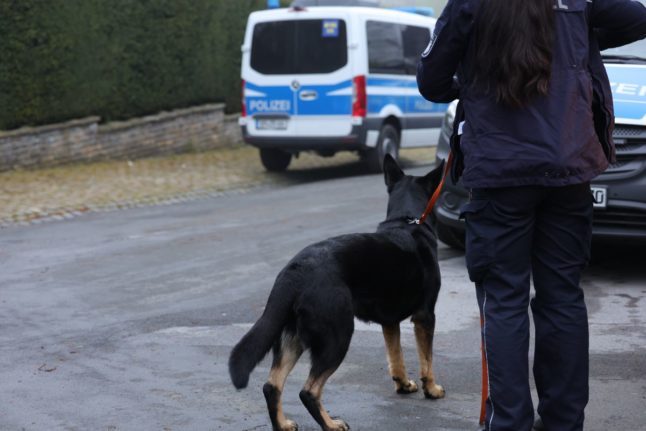More than 1,000 federal police and public prosecutors were involved in the operation, and 101 residential and business premises were searched, including two law firms, the Federal Police Directorate in Sankt Augustin near Bonn said.
Taking advantage of special rules for foreign skilled workers, the suspected smuggling gang is said to have obtained residence permits for around 350 foreign nationals, who were mostly Chinese, in exchange for five and six-figure euro amounts.
The raids took place in North Rhine-Westphalia, Schleswig-Holstein, Hamburg, Berlin, Hesse, Rhineland-Palatinate, Baden-Württemberg and Bavaria.
According to the Bild newspaper, there is suspicion that employees of some immigration offices were bribed.
The focus of the investigation was in North Rhine-Westphalia, where the 10 suspects were arrested. Among them were two lawyers.
Is obtaining residence permits really considered smuggling?
In Germany ‘smuggling’ is defined as the act of helping people to enter the country illegally, usually for money. This includes offering transport services, false documents, travel organisation or accommodation.
Unauthorised entry and residence are punishable under the Residence Act. Anyone residing in the country without the required residence permit must leave by law. Commercial smuggling is punishable by prison sentences of between one and 15 years.
In 2022, the Federal Criminal Police Office and the Federal Police registered 4,936 cases of smuggling in Germany – an increase of almost 30 percent compared to the previous year.
READ ALSO: People-smuggling disaster on eastern German borders ‘only a matter of time’
There has been a sharp increase in ‘irregular migration’ to Europe in recent years. The report on smuggling from 2022 states that the perpetrators acted “very professionally and flexibly”, and noted an increasing willingness by perpetrators to take risks.




 Please whitelist us to continue reading.
Please whitelist us to continue reading.
Member comments